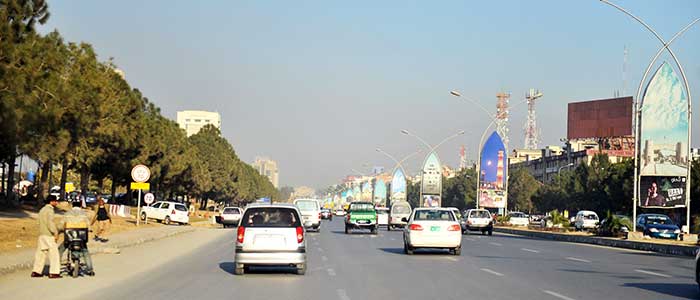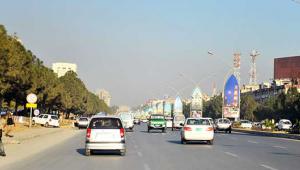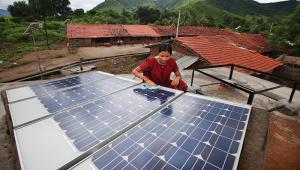Web_Islamabad_pakistan_236392390.jpg

Islamabad, Pakistan's capital city
The IMF said, subject to the approval of its executive board, the next $510m tranche of Pakistan’s three-year $6.64bn package would be made available after its most recent review gave the country a clean bill of health.
Harald Finger, who led the IMF mission to Pakistan, said that all quantitative performance criteria, including targets related to the budget deficit, net international reserves, social spending and power sector arrears, had been met.
Most structural benchmarks had also been reached and the target on tax revenue collection missed by “a small margin”, but continuing to grow at a “healthy pace”, he added.
The fund said that the Pakistan government’s efforts to strengthen macroeconomic stability, public finances and foreign exchange reserves are paying off, and it has successfully expanded protection for the most vulnerable under its income support programme.
“Further strengthening of these gains and strengthening the long-term resilience of the economy is the main priority in the period ahead,” Finger said.
He said the IMF welcomed Pakistan’s plans to continue with fiscal consolidation this year, further expand the tax net, strengthen the fiscal responsibility framework, address financial losses in public enterprises and continue to pursue energy sector reforms.
“Completing these reforms will require continued effort well beyond the programme period and will help set Pakistan on a permanently higher growth trajectory and achieve the country’s broader economic objectives.”
Pakistan secured its $6bn IMF package in 2013, when its economy was facing serious challenges.
At the time the IMF described growth as “subpar” and Pakistan’s fiscal and balance of payment positions as “unsustainable”.
The fiscal deficit soared to 8.5% of gross domestic product in 2012, while the economy grew at 3.5%.
Internal security challenges, devastating floods and long-standing structural problems, mainly in the energy sector, all weighed on growth.
Many years of financial and governance problems in the energy sector had led to power outages lasting for around eight to ten hours per day.
The fiscal deficit has now been reduced to 3.5% of GDP, as per the IMF target, and growth rose to approximately 4.5% in 2015 and is expected to rise again to 4.7% this year.
However, Pakistan continues to struggle with energy problems. Late last year the country was still facing substantial energy insecurity, struggling to breach a gap of 5,000 megawatts.












